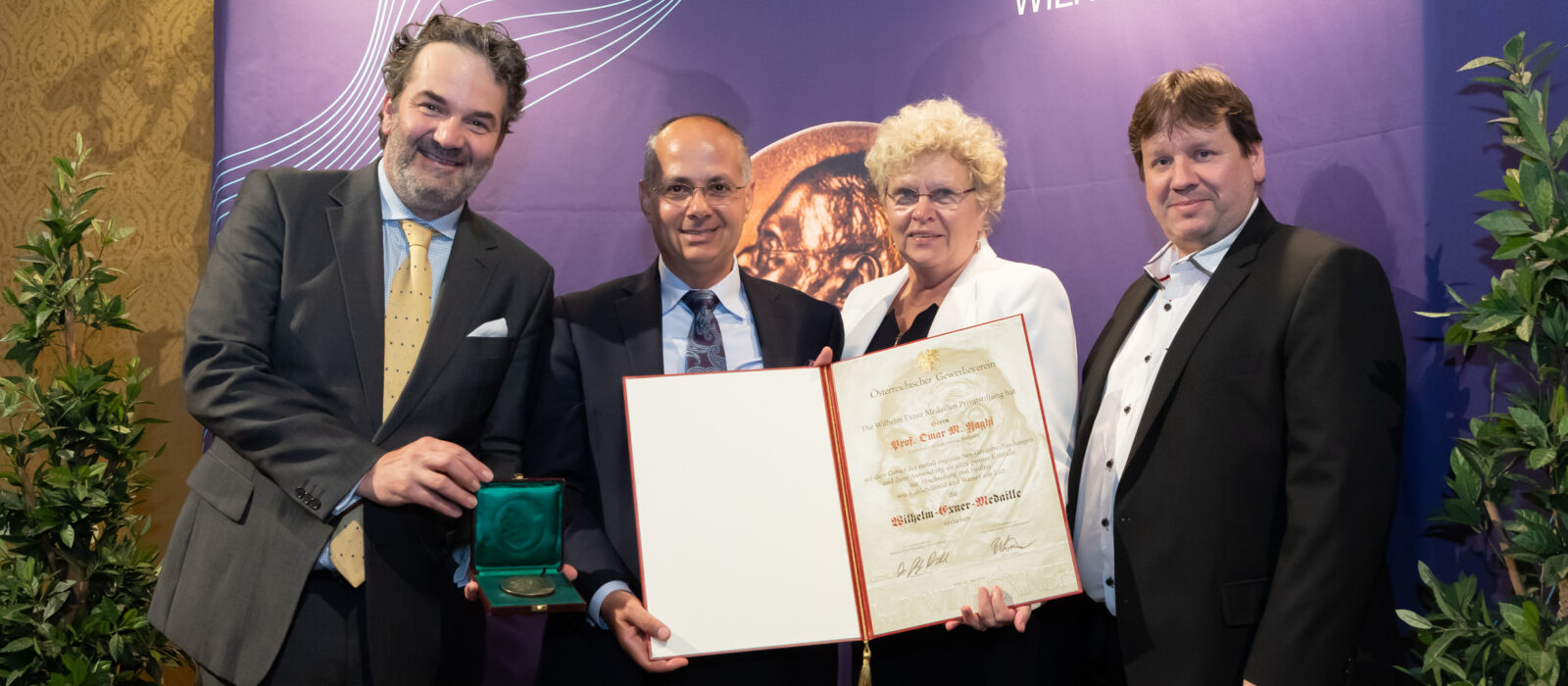Porous Crystals for a Sustainable Future
The interconnected challenges of clean air, energy, and water profoundly impact global health, prosperity, and sustainability. Addressing these issues demands innovative, efficient and cost-effective solutions for the selective capture and utilization of small molecules—such as hydrogen, methane, carbon dioxide, and water. Reticular chemistry has pioneered the development of nanoporous metal-organic frameworks (MOFs) and covalent organic frameworks (COFs), materials distinguished by their tunable structures and scalability. Over three decades, foundational research in this field has enabled breakthroughs like carbon capture from air and flue gas and atmospheric water harvesting, producing drinkable water regardless of environmental conditions. This presentation will showcase the journey from laboratory discoveries to real-world prototypes, emphasizing how the global expansion of MOF and COF research has unlocked an infinite array of materials, which, when integrated into advanced devices, present unprecedented opportunities to mitigate the planet’s most pressing environmental stresses.
Omar M. Yaghi (University of California, Berkeley)


